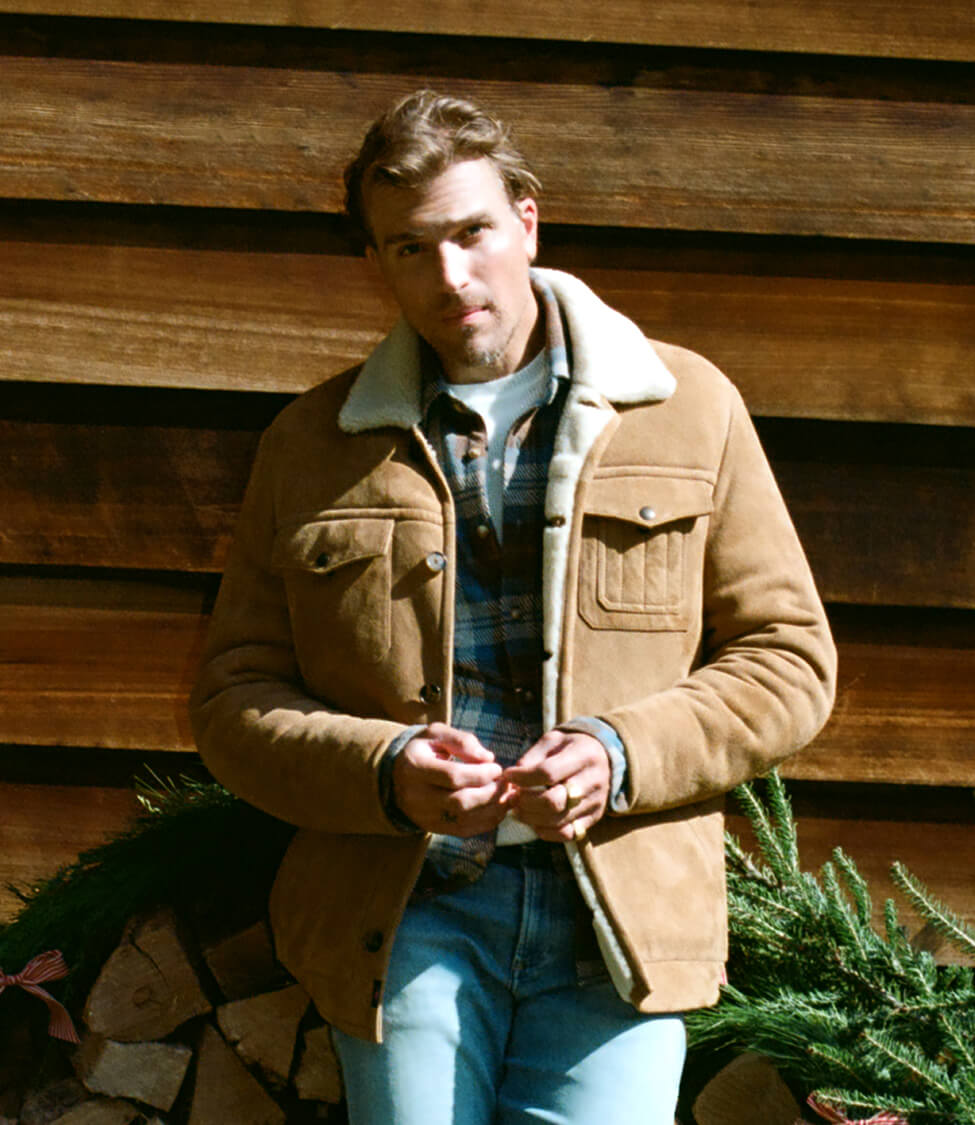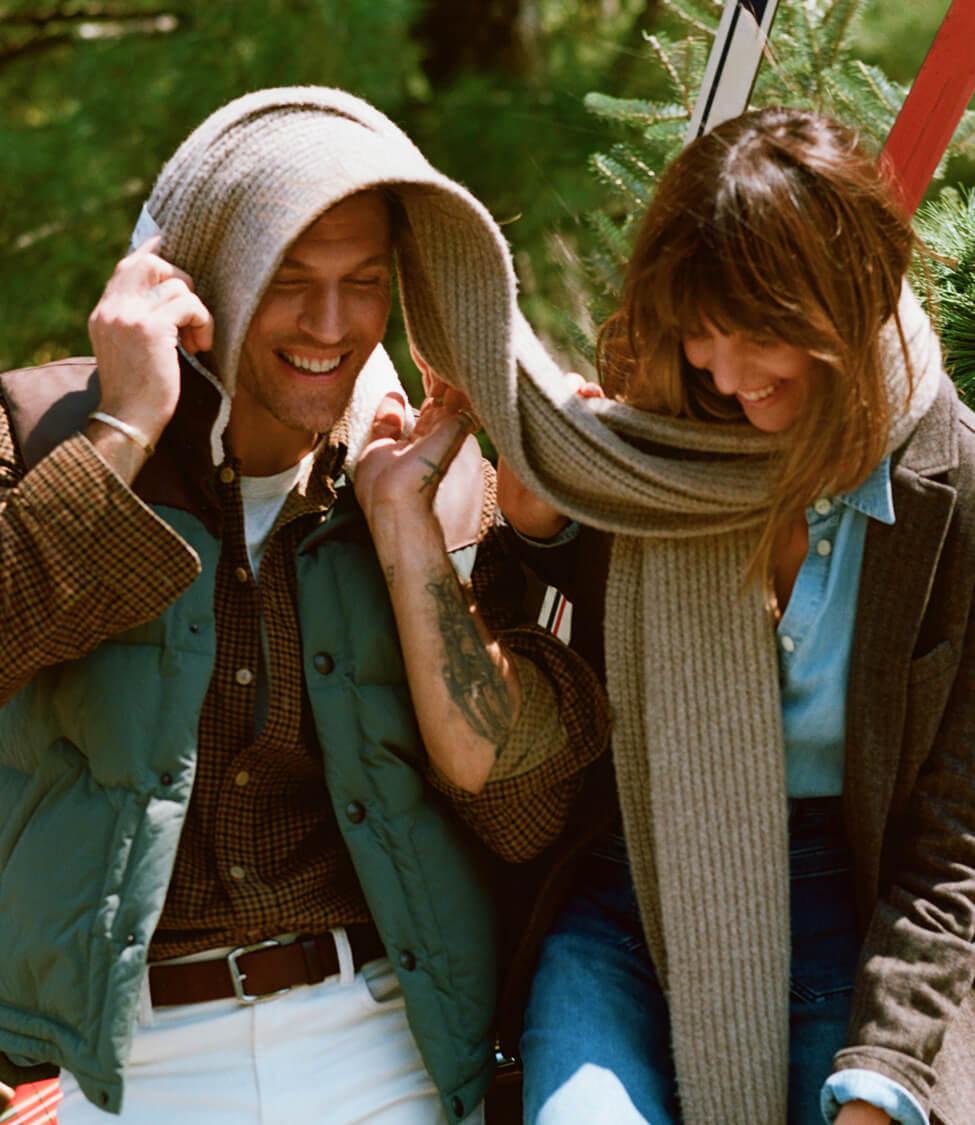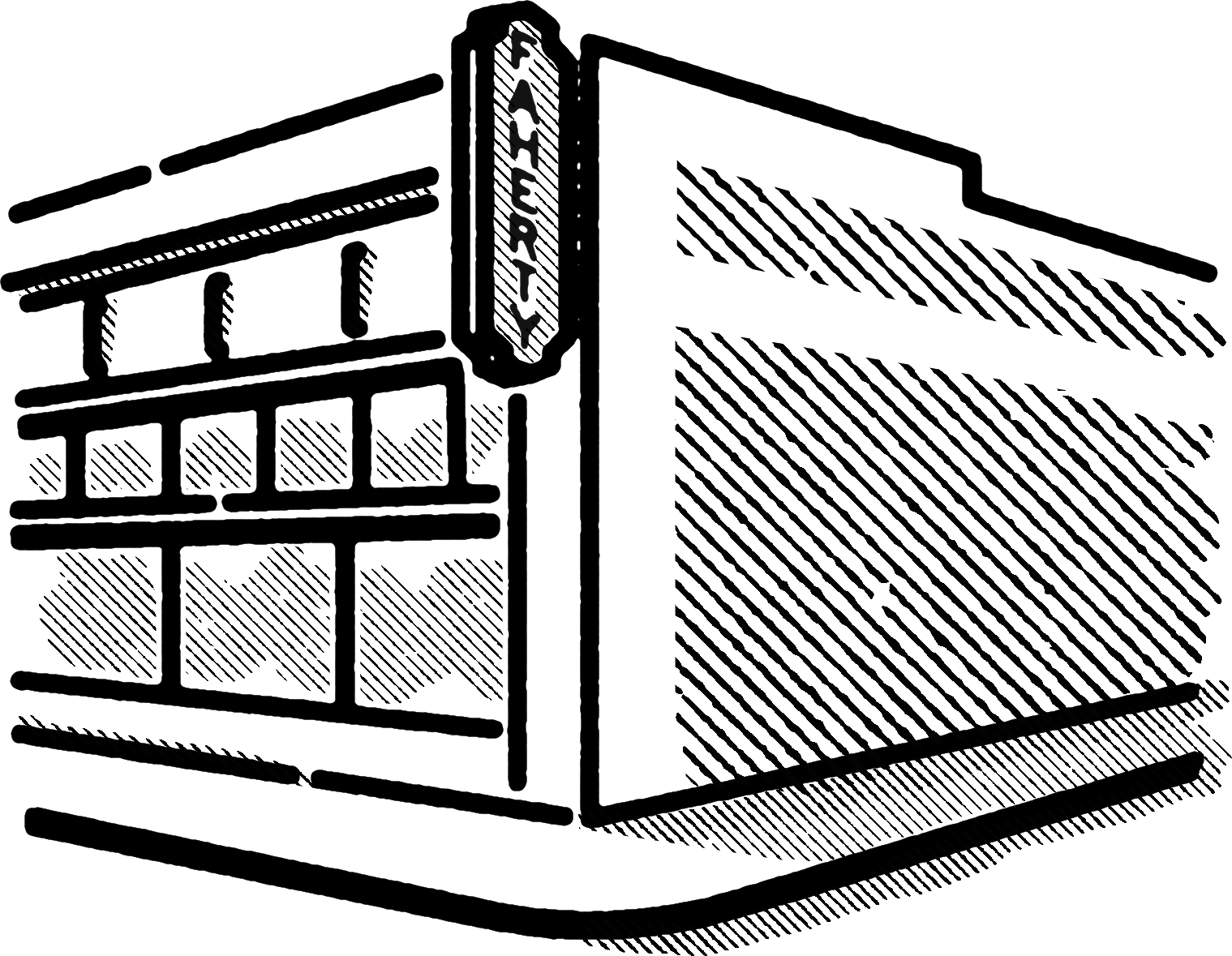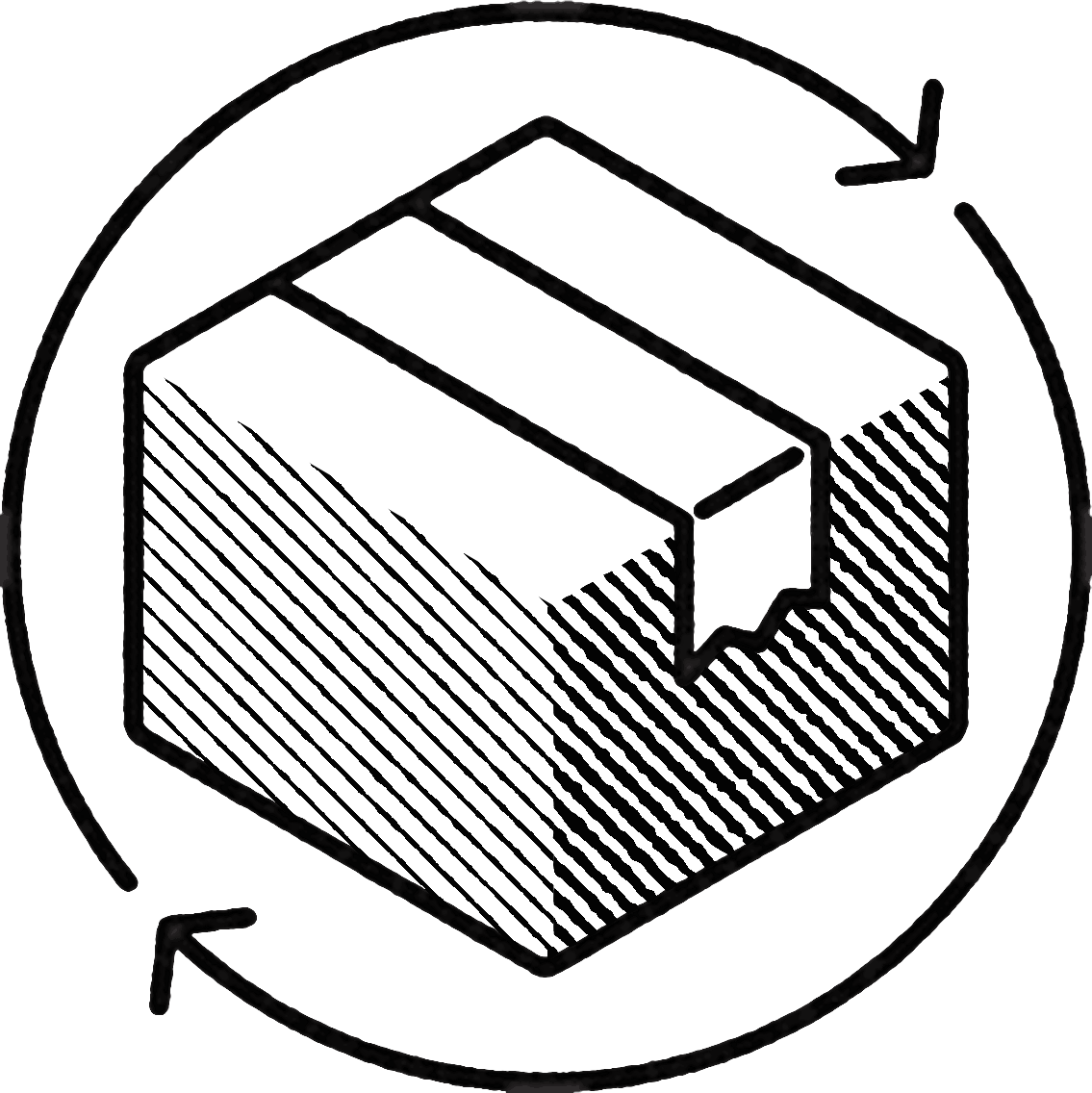“Taste this,” the tall, wiry man with a head of sandy brown hair says, tearing a leaf off on a greenmarket table and handing it to me. ‘It’s more flavorful than any of the watery stalks they sell at the supermarket.” He’s right. There’s a delicious intensity to the celery leaf that tastes as if the entire plant had been reduced to this delicate green concentrate. And it’s something I would have continued to discard if he hadn’t challenged me to try it.

Spend some time with Joshua Spodek and you’ll find yourself pushing to explore new things, too. His enthusiastic pursuit of environmentally conscious living, whether it’s by eating all parts of a plant or dramatically decreasing his garbage production, is infectious. The Manhattan-based professor, lecturer, author, podcast host, and former astrophysicist views every day as an opportunity to act on what’s important to him. In a world where plenty of us well intentioned and environmentally conscious people are dismayed at the mountains of plastic in the oceans, Spodek is actually doing something about it.
Today, Spodek produces only a small canvas bag of garbage roughly the size of a sheet of paper every 16 months. Think about that for a second. According to the EPA’s latest data, the average American generates 4 and a half pounds of garbage per day. Spodek is producing less than that in a little more than a year. In the same 16 month period, the average person will turn out almost 2,200 pounds of trash.

“Most people say they’re aware, but they’re not changing their behavior,” he explains. “Pollution doesn’t emerge from someone’s lack of consciousness. It emerges from our behavior.”
It all started four years ago when the Ivy-educated professor took time to notice his own waste habits. “I looked at my trash cans, and I noticed that most of my garbage came from food packaging, so I wanted to do something about it,” he recalls. So the Philadelphia native challenged himself to go one week without any packaged food. He was surprised at how easy it was, so he dared himself to continue until it gradually became a part of his lifestyle. Now, Spodek avoids everything from plastic containers and bags to rubber bands and packing material.
In addition to adhering to a locally grown vegan diet and producing minimal waste, Spodek has spent the last few years raising the bar in new ways—from picking up at least a single piece of trash every day to taking cold showers once every four days to conserve water and energy. Appalled at the carbon footprint left behind by airlines, the frequent traveler hasn’t set foot on a plane since March 2016. Instead, he finds alternative public transportation to travel across the country, and has been taking sailing courses in anticipation of overseas trips.
“I don’t look at living by environmental values as deprivation, a sacrifice, a distraction,” he explains of incorporating these changes into his lifestyle. “This is something I want to do, and enjoy doing. It’s something that feels natural.” Spodek has been spreading the word broadly on his podcast, Leadership and the Environment, and in more intimate settings, when he hosts home-cooked vegan meals at his apartment.
On this particular autumn afternoon, the boyish 47-year-old is shopping at the Union Square Greenmarket for ingredients he’ll use to host his biggest dinner yet: Faherty Brand’s Sun Sessions: Soul Food. In a few days, Spodek will be the guest chef and speaker at the event held under the Brooklyn Bridge at the scenic North Brooklyn Farms. He’ll come armed only with his green market vegetables, four pressure cookers, and advice on how to determine your own conservation code.

“Give yourself a challenge,” he encourages the diverse crowd of activists, entrepreneurs, artists, editors, and others at the event. “Think about what your environmental values are—and think about something you’re not doing now, but can help you live by those values. It’s not the size or the scale of what you pick, it’s developing the skill.”
What he doesn’t share with the crowd is a precise menu for the night’s meal because he doesn’t have recipes for what he prepares. Analogous to his own environmental journey, Spodek’s cooking skills were acquired through a personal discovery process of experimenting and learning. Similarly, figuring out what’s important to each of us and how we decide to change our habits is also a personal quest without any shortcuts. “It’s the discovery and the joy—that’s where it all comes from,” he says philosophically. “The point is not to avoid the struggle. The struggle is the answer. The struggle is the joy.”
And Spodek is living proof that joy can spring from a greater purpose that is both personal and infinite.
Written by: Sandra Nygaard















